Support traditional businesses in digital transformation, narrowing regional gaps
Delegate Nguyen Duy Thanh, Vice Chairman of the Ca Mau Province Business Association, member of the National Assembly's Economic and Financial Committee, said that the draft Law on Digital Transformation has affirmed that the digital economy is a new driving force for the country's development, but for the law to truly come into life, there needs to be specific policies that are strong enough to encourage businesses, especially small and medium-sized enterprises, to convert to a digital model.
According to delegate Nguyen Duy Thanh, the law needs to clearly stipulate mechanisms for tax exemption and reduction, loan support, human resource training and digital platform development for businesses. “Without specific tools, digital transformation will only stop at slogans,” delegate Nguyen Duy Thanh emphasized.
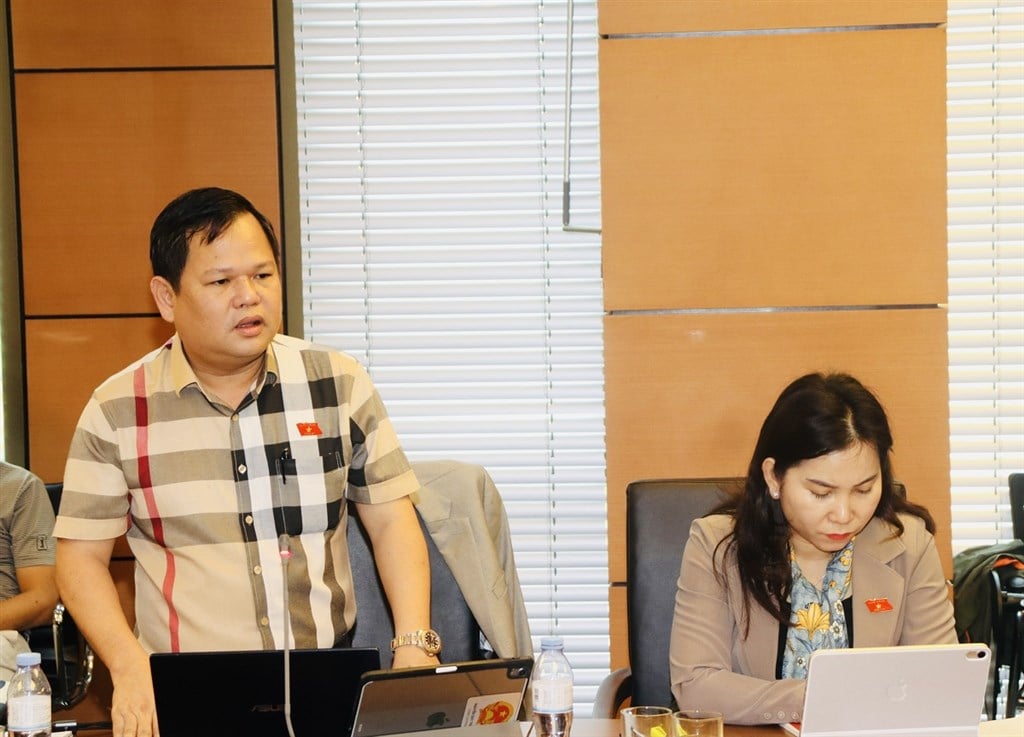
Delegate Nguyen Duy Thanh proposed that there should be specific policies to support traditional enterprises in digital transformation and narrowing regional gaps.
Delegate Nguyen Duy Thanh also suggested that there should be a set of national criteria for assessing digital transformation of enterprises, in order to determine the level of transformation, monitor progress and actual effectiveness.
In particular, delegate Nguyen Duy Thanh emphasized the need for specific support policies for remote localities such as Ca Mau , to avoid the increasingly widening digital gap between regions. “Without specific incentives for digital infrastructure and technology investment in disadvantaged areas, these localities will find it very difficult to keep up with the national digital transformation process,” delegate Nguyen Duy Thanh shared.
Digital transformation policies need to be unified to avoid overlap and difficulty in application.
Delegate Le Thi Ngoc Linh, Provincial Party Committee member, Vice Chairwoman of the Provincial Vietnam Fatherland Front Committee, Chairwoman of the Provincial Women's Union, Member of the National Assembly 's Culture and Social Affairs Committee, said that the draft Law on Digital Transformation has demonstrated the importance of the digitalization process, but there are still some contents that are not synchronized and scattered, making it difficult to apply.
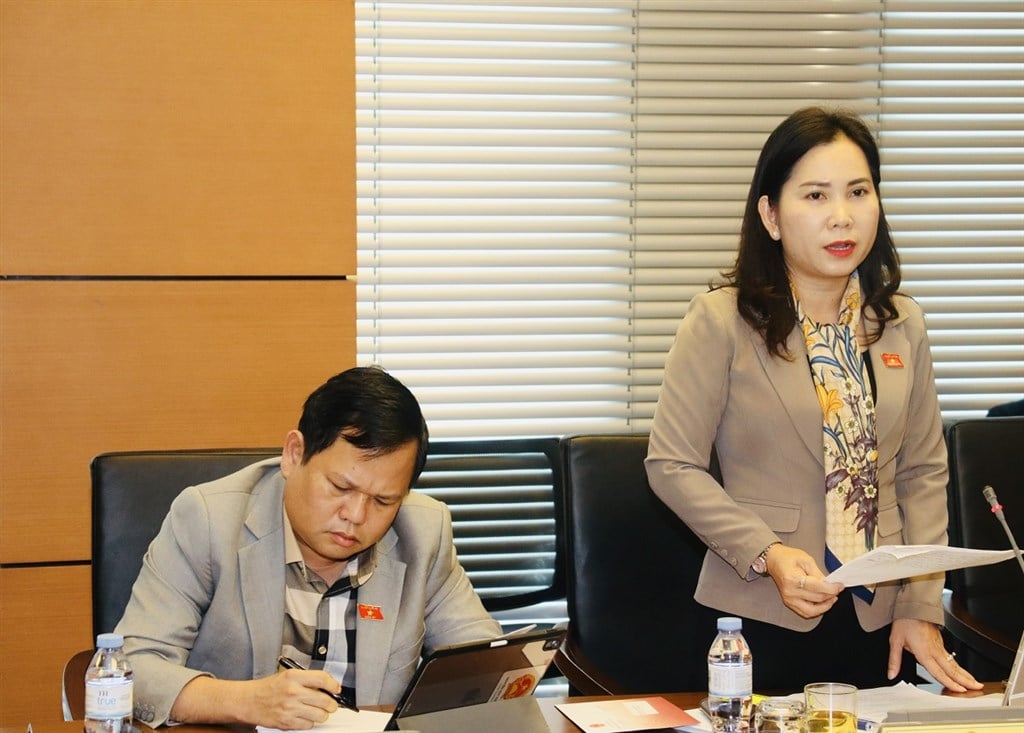
Delegate Le Thi Ngoc Linh proposed centralizing digital transformation policies and adding regulations to protect users in cyberspace.
According to delegate Le Thi Ngoc Linh, the State’s policies in the draft law are currently scattered in many provisions, such as Articles 7, 9, 30, 41… making it difficult for the enforcement agency and the people to look up and determine which are general policies and which are specialized policies. Delegate Le Thi Ngoc Linh suggested that all these regulations be grouped into a separate provision to ensure clarity, transparency and easier implementation.
Regarding prohibited acts, delegate Le Thi Ngoc Linh Linh agreed with the inspection report; at the same time, proposed to add acts of exploiting artificial intelligence and algorithms to discriminate or cause division and prejudice in cyberspace. According to delegate Le Thi Ngoc Linh, these are necessary regulations to protect users and maintain a healthy online environment in the digital age.
Delegate Le Thi Ngoc Linh also pointed out the overlap between the Law on Digital Transformation and other laws such as the Law on E-commerce, the Law on Cyber Security, the Law on Telecommunications, and recommended that the drafting agency should closely coordinate with relevant ministries and branches to review and ensure legal consistency.
Digital transformation requires accurate data and clear governance mechanisms
Delegate Tran Thi Hoa Ry, Vice Chairwoman of the National Assembly's Ethnic Council, highly appreciated the efforts to institutionalize the Party and State's policies in promoting digital government, digital society, and digital citizens; at the same time, emphasized that the draft law needs to clearly show the scope of regulation, avoiding overlap with specialized laws such as Information Technology, Electronic Transactions, and Network Information Security.
According to delegate Tran Thi Hoa Ry, the Law on Digital Transformation should focus on principles and major policy groups with overall orientation, while detailed and technical contents should be regulated by specialized laws.
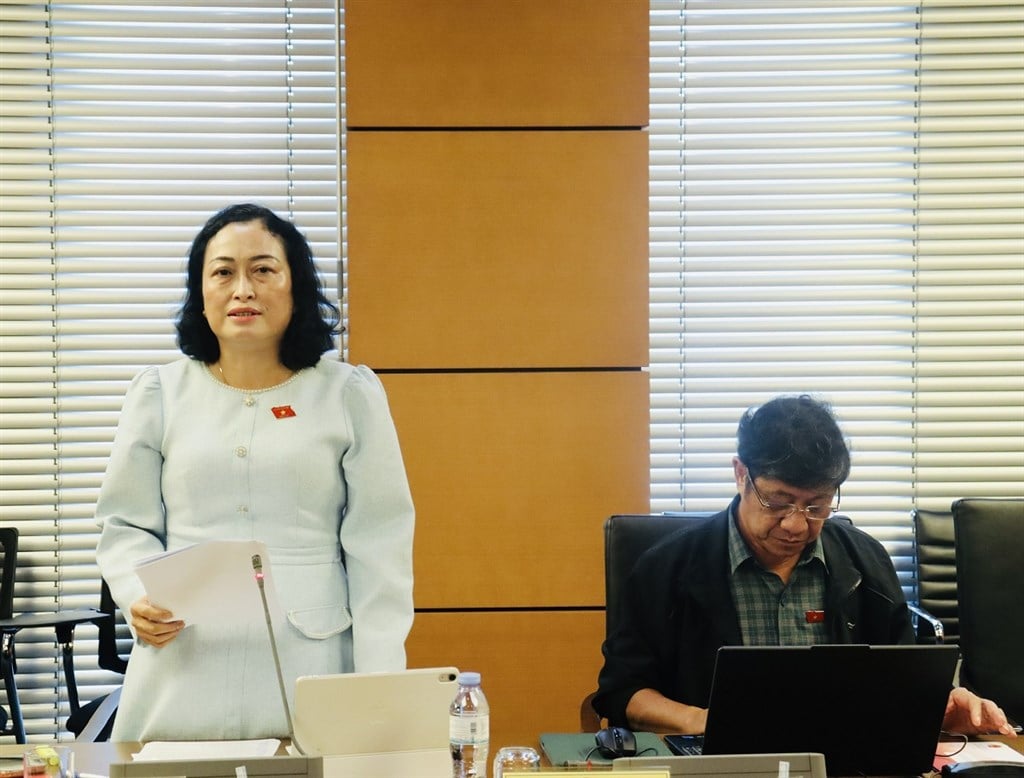
Delegate Tran Thi Hoa Ry emphasized the need to ensure legal consistency, accurate data and responsible use of artificial intelligence.
In particular, delegate Tran Thi Hoa Ry emphasized the importance of digital data in the political system: “For digital transformation to be successful, input data must be absolutely accurate, with clear regulations on who has the right to access, use and share. We need to ensure the principle of data access hierarchy to avoid information leakage or abuse.”
Delegate Tran Thi Hoa Ry also noted that the use of artificial intelligence (AI) in public service must have clear responsibilities and limits, avoiding AI accessing unofficial data or processing incorrect information. In addition, the law needs to have specific policies to encourage businesses to participate in digital transformation, prioritizing support in taxes, credit and access to capital to develop a stronger digital economy.
Digital transformation must be associated with practical benefits for people and businesses.
The opinions of the National Assembly delegates of the Ca Mau Provincial National Assembly Delegation at the group discussion session on the afternoon of November 6 showed that digital transformation is not only a technological issue, but also a major shift in the thinking of governance, development and serving the people. From practice, the proposals of the delegates aim to build a synchronous and transparent legal system, with people and businesses as the center of service. These comments also contribute to clarifying the orientation so that when promulgated, the draft laws will not only encourage innovation but also create a favorable legal environment for sustainable, inclusive and humane digital economic development.
Source: https://www.camau.gov.vn/thoi-su-chinh-tri/doan-dai-bieu-quoc-hoi-tinh-ca-mau-gop-nhieu-y-kien-cu-the-cho-luat-chuyen-doi-so-290582


![[Photo] Da Nang: Hundreds of people join hands to clean up a vital tourist route after storm No. 13](https://vphoto.vietnam.vn/thumb/1200x675/vietnam/resource/IMAGE/2025/11/07/1762491638903_image-3-1353-jpg.webp)




















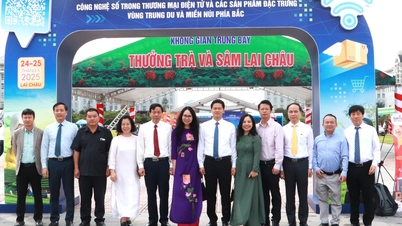



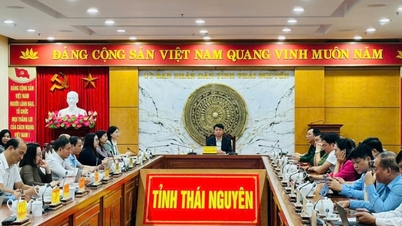
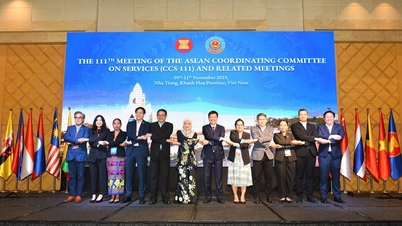






















































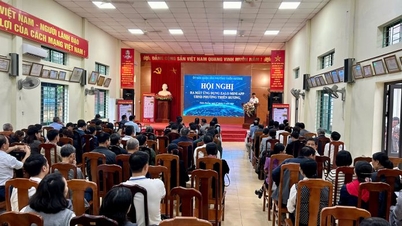




















Comment (0)